|
New
Releases |
February 13, 2026



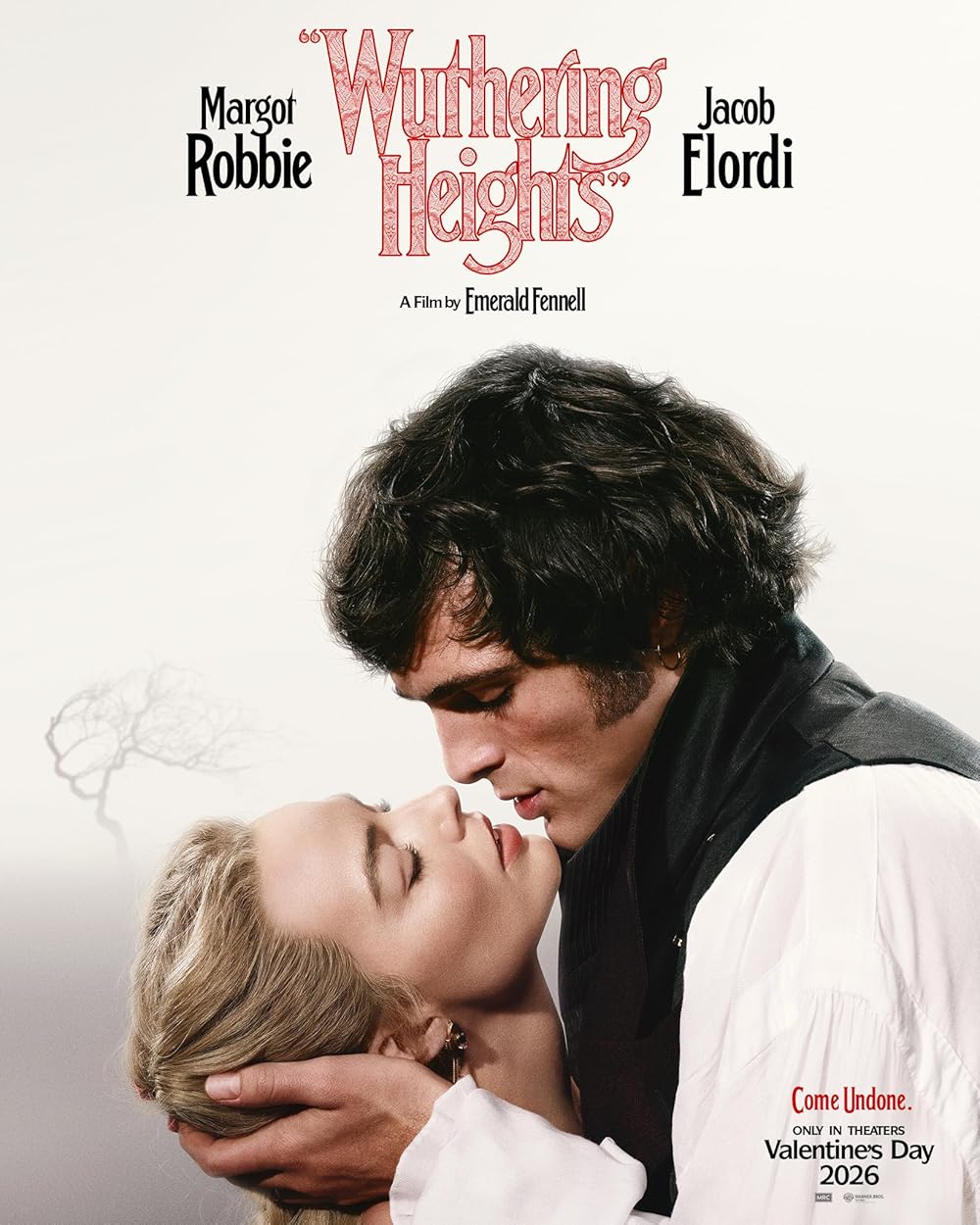 |
January 30, 2026
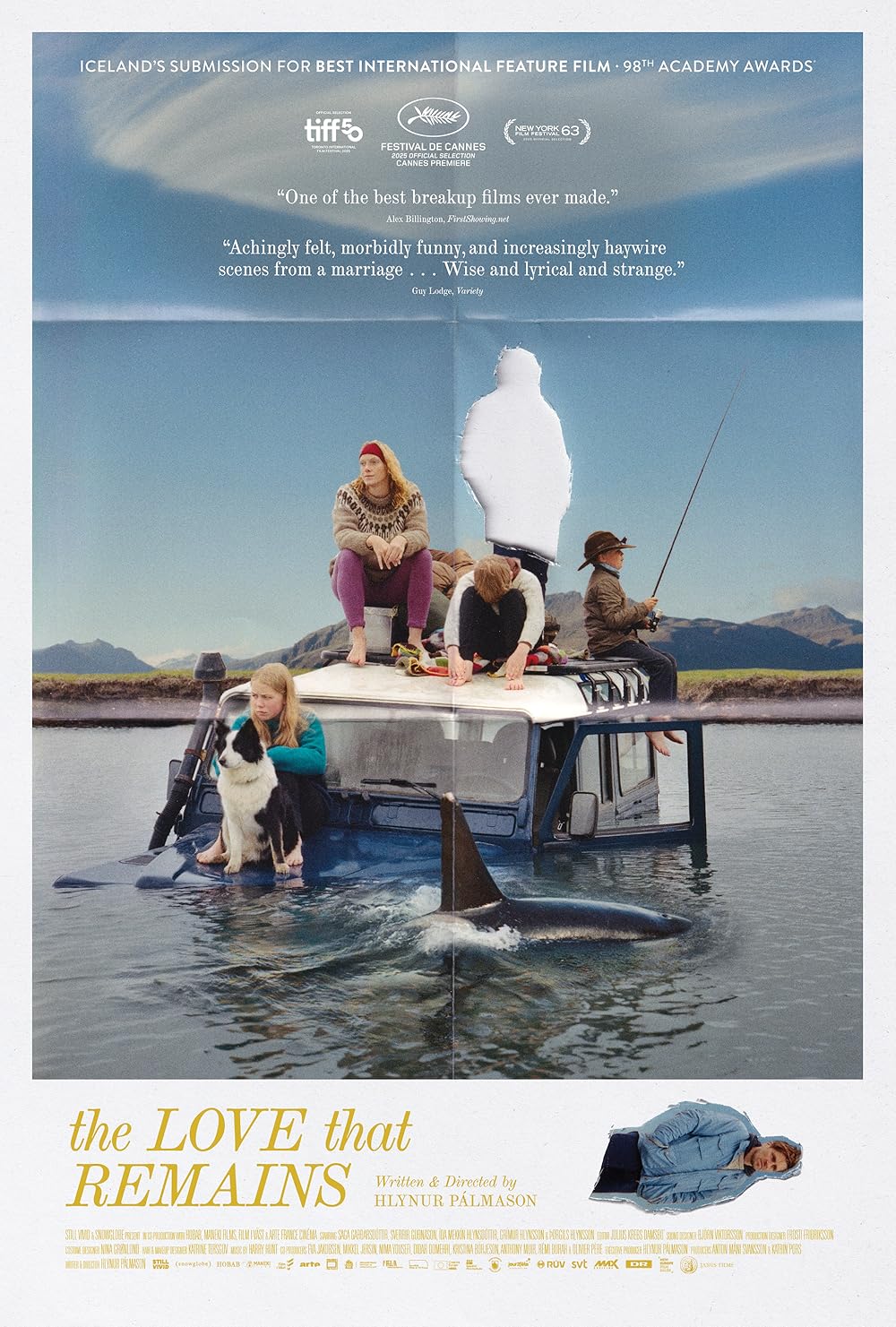


 |
January 16, 2026

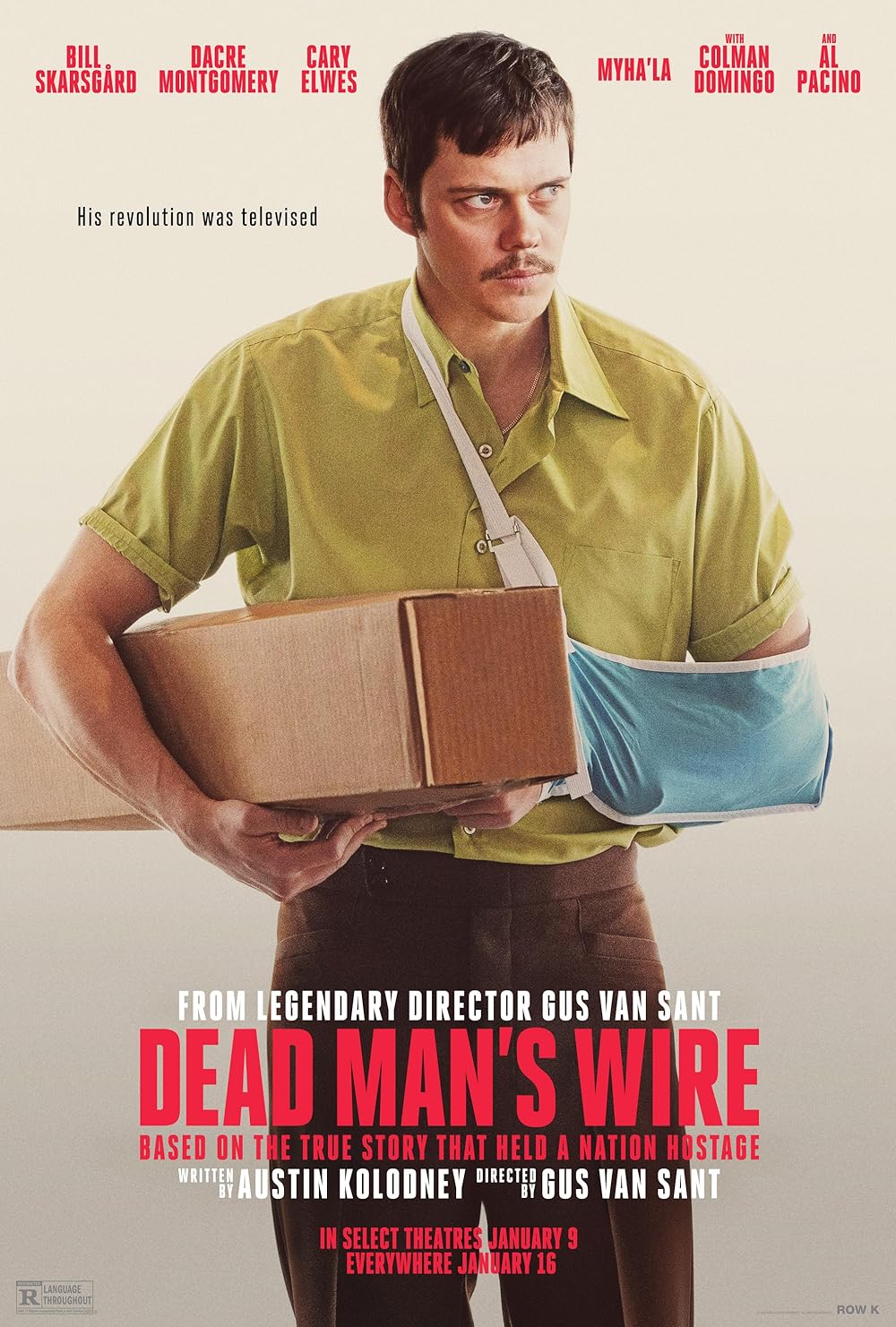

 |
January 9, 2026

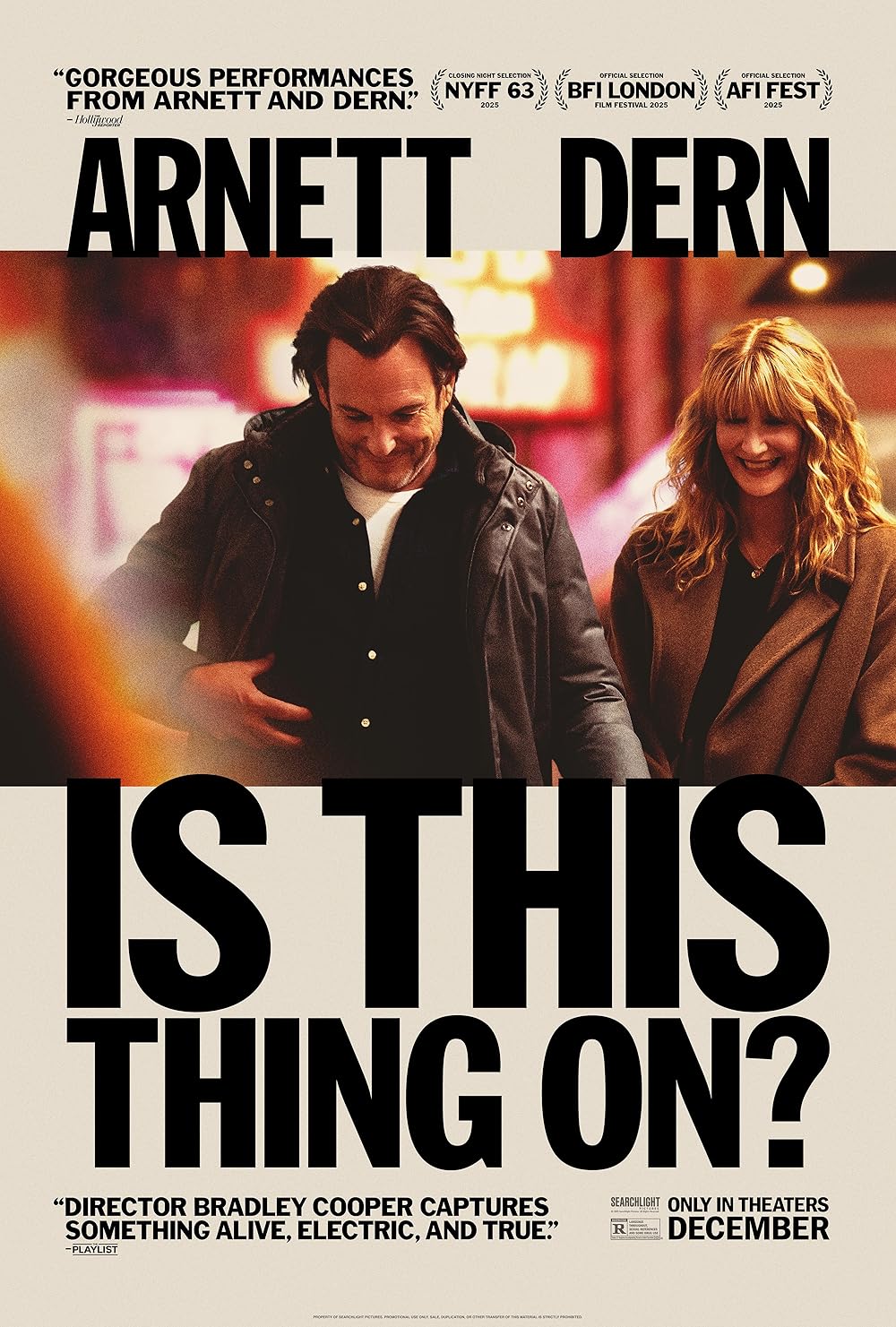 |
January 2, 2026

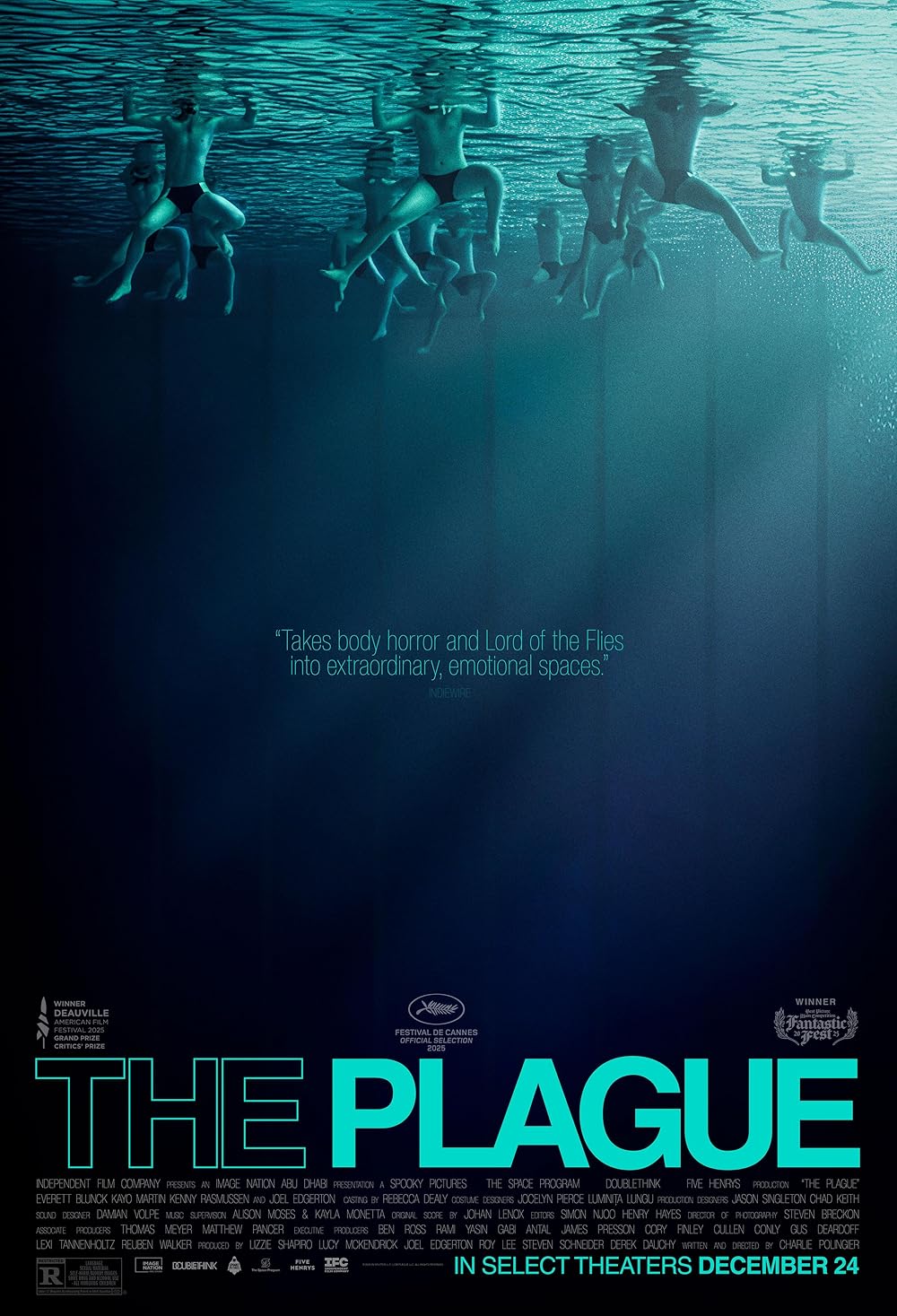
 |
December 26, 2025

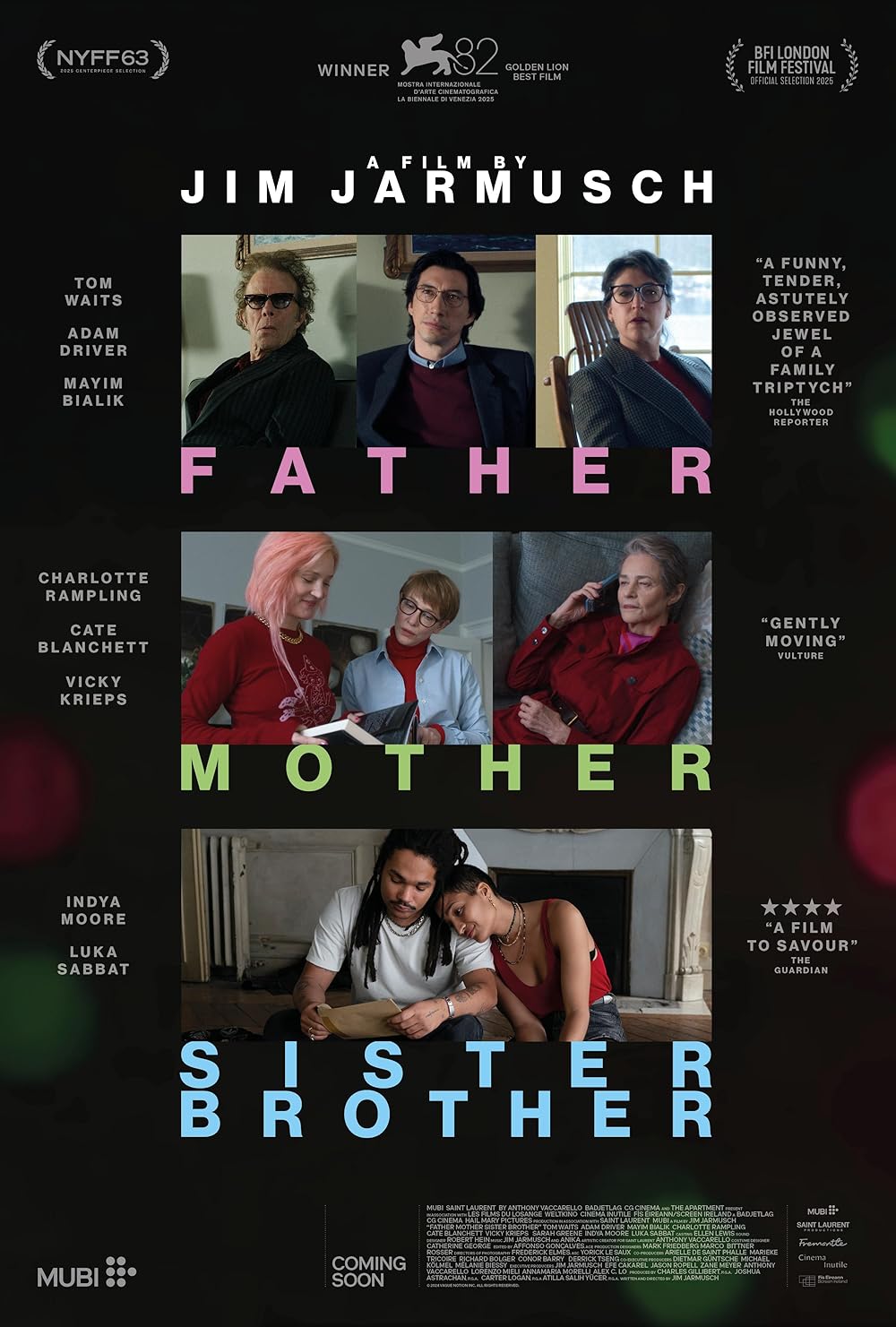
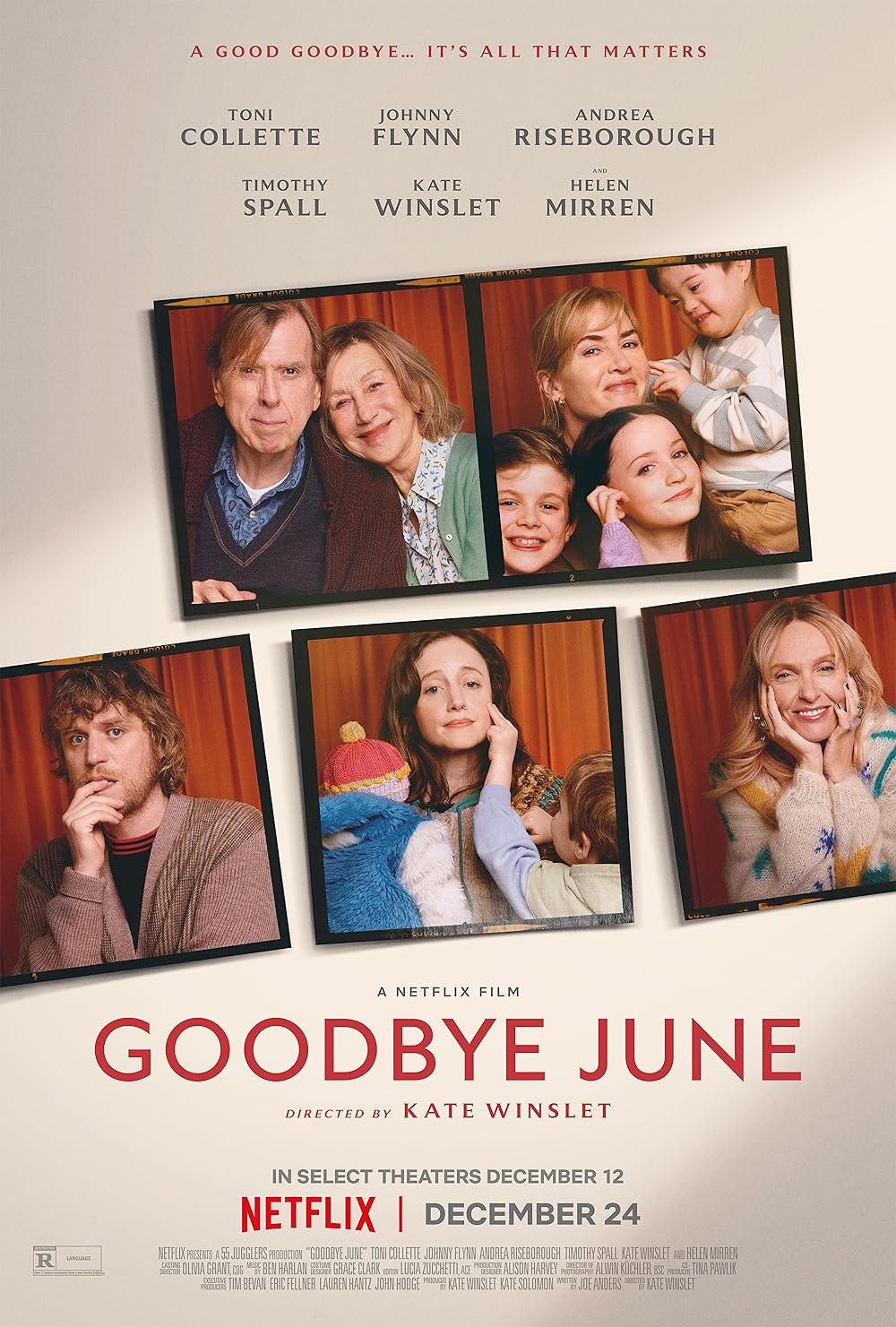


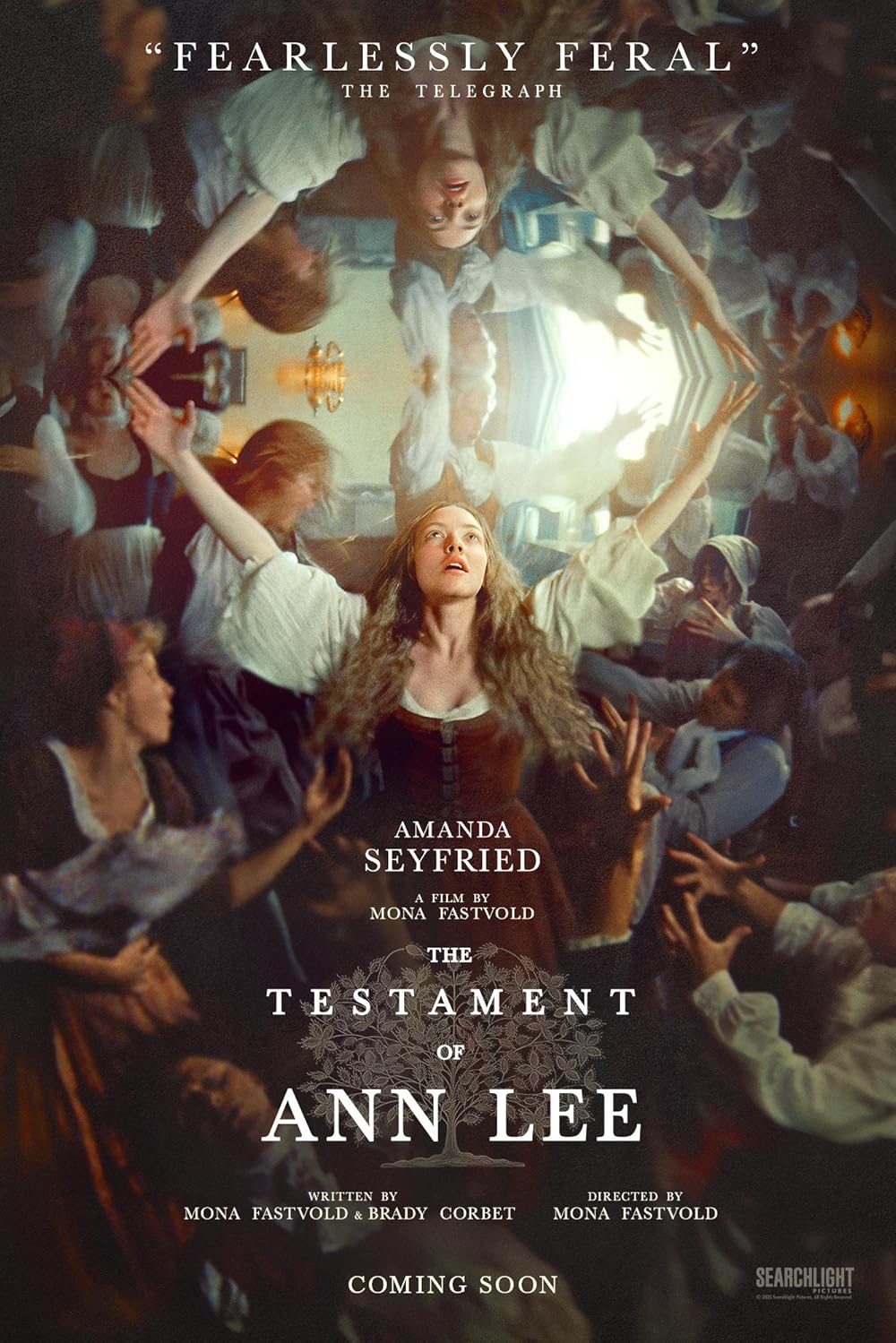 |
December 19, 2025


 |
|
|
|
Elegy
(2008)
Directed by
Isabel Coixet
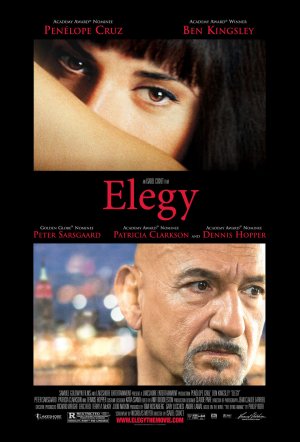
Review by
Zach Saltz
While Isabel Coixet’s
Elegy
lacks the hard-edged
manner of the Phillip Roth novel on which it is based (The
Dying Animal), it nonetheless radiates with Roth’s uncanny ability
to present cool, brash academic types who cannot quite figure out
whether their priorities lie in critiquing the latest avant-garde
off-Broadway production for a bourgeoisie periodical from the East End,
or screwing the next cute grad student who walks into his classroom.
In the case of Professor David Kepesh (played by Ben Kingsley),
the answer to the riddle lies in a combination of the two: He asks the
beautiful young Cuban immigrant Consuela Castillo (Penelope Cruz) to
join him at the theater, where, after the play, they proceed to go back
to his flat to perform their own show.
If you ever went to college, particularly one of
those WASP-y metropolitan schools back east, you are familiar with these
types of people.
World-wary
professors, usually the older, divorced variety, who say they throw
lavish cocktail parties for their student’s graduation, but in reality,
merely feel more comfortable in the act of seducing students at their
own safe domicile rather than the PC-laden confines of sexually-acute
campuses.
Younger,
painfully naïve girls, woefully unaware of their luminous beauty and its
effect on all spectators, barely removed from the pillow fights of prep
school, eager to be introduced to the world by any soft-spoken, debonair
intellectual who tells them they know and understand it.
The mix is usually tragic, as
Elegy demonstrates, but while
it lasts, it can be something beautiful.
The movie is curious in the way it takes time to
slowly develop and unravel its characters.
At first, we assume Kepesh is one of the deviant, tail-chasing,
booze-providing English professors we read about in Roth or Saul Bellow
novels or see in Woody Allen movies; but Kepesh is in reality a taciturn
and solemn figure, avidly cynical of the manufactured institutions of
love and marriage, ashamed of the fractured relationship with his son,
Kenny (Peter Sarsgaard), as result of his reluctance to decry his
“emancipated manhood.��
He
has a dark room in his flat where he develops his own melancholic black
and white pictures, and even screwing his longtime sex buddy (Patricia
Clarkson) is reduced to meditation and order rather than cheap,
transient thrills.
When he
tells Consuela that her face is a work of art, we believe it.
Indeed, the movie’s most interesting creation,
however, is the Cruz character, the ravishing daughter of conservative
Cuban immigrants, who loves Kepesh more than he could ever realize.
She concedes the relationship cannot work – it ends when Kepesh
becomes curious and jealous of her former lovers – but in her restlessly
naïve girlishness, believes him when he says he’ll take her to Paris.
Who would not want to believe him?
Stricken with the same sort paranoia as Jake LaMotta in
Raging Bull (what
psychoanalysts refer to as “Madonna-Whore Complex”), Kepesh becomes
overwhelmingly possessive, and unable to identify her compassionate,
albeit irrational, love for him.
Consuela is wise in the sort of way that the Mariel Hemingway
character was wise in
Manhattan,
and upon Kepesh accosting her at the Cuban dance hall where she goes
with her brother, she tells him, “Don’t ruin it.”
Love is too multifarious a
notion to entangle itself with the feelings these two characters have
for one another.
Elegy
works because, by the end, we tend to care more about its characters
than the way the film is constructed (always characteristic of a good
motion picture).
There are
a few flaws and subplots along the way that don’t really work (believing
Dennis Hopper as a respected, Pulitzer Prize winning poet is a little
tough to stomach), but the centerpiece of the movie – the relationship
between the Kingsley and Cruz characters – is believable, forthright,
and brutally authentic.
Kingsley is, of course, excellent (though banging both Mary-Kate Olson
and Penelope Cruz in the same summer at his age deserves some sort of
medal), and Penelope Cruz is even better here than she was in
Volver.
The film lacks the hard edge of Roth’s fervent and ripe
Jewish cynicism (though the use of Satie’s
Ogives gives the film a cold
Parisian intellectuality), and is content to accentuate a point that has
become trite in motion pictures, perhaps, but rarely nullified: that as
much as we abhor the notion of falling in love, we cannot control our
ability to deny it.
Rating:

|
|
New
Reviews |
2023 PINOT BEST PICTURE

PODCAST DEEP DIVE |

Podcast Featured Review |

Podcast Featured Review |
Todd #4 Most Anticipated

Podcast Review - Todd |

Podcast Review - Adam |

Podcast Review - Zach |
Top 10 Blindspot
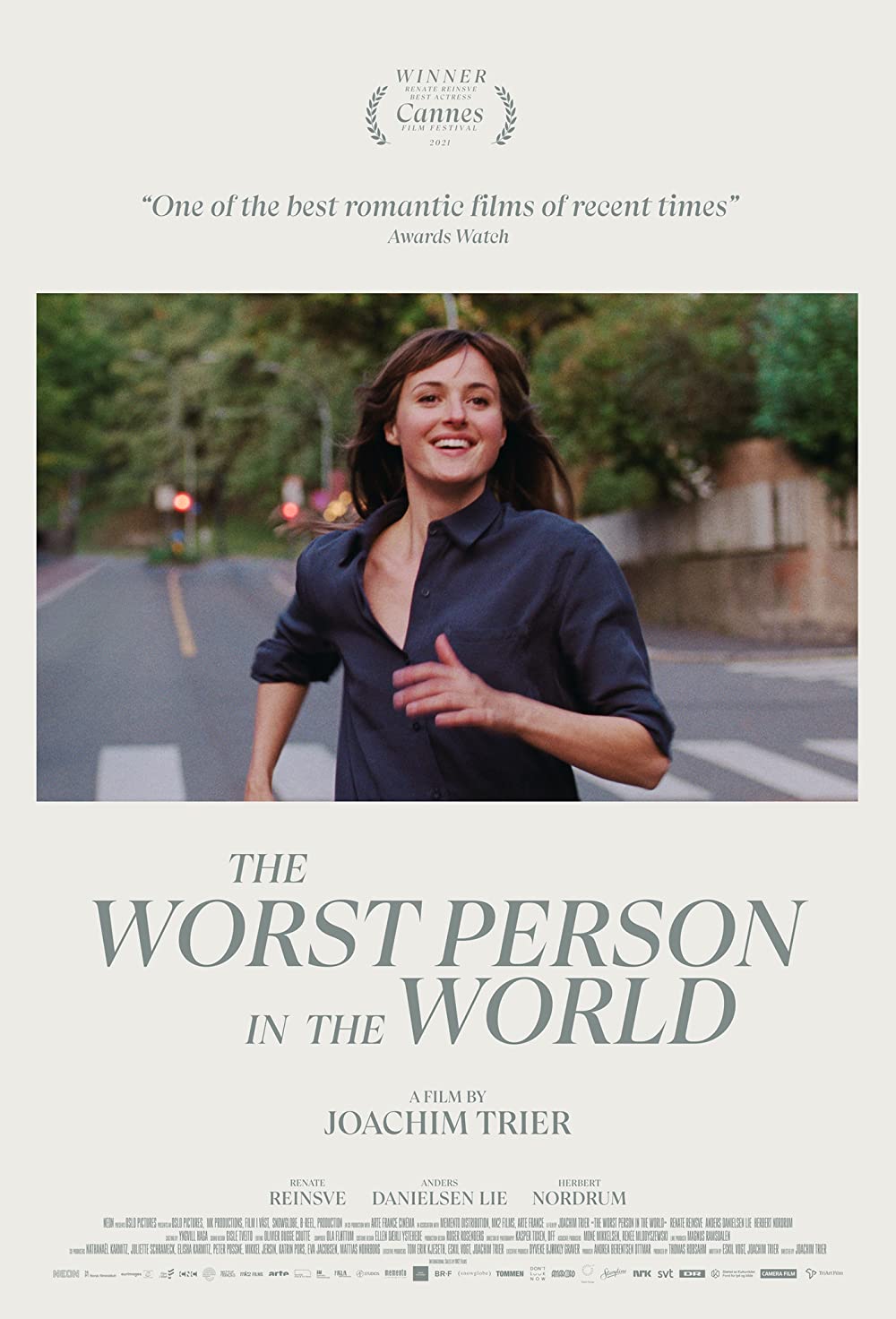
Podcast Review - Adam |
10th Anniversary

Podcast Oscar Review - Terry |
30th Anniversary

Podcast Oscar Review - Terry |
2025 PINOTS

Nominations & Debates |
2024 Pinot Best Picture

PODCAST DEEP DIVE |

Podcast Featured Review |

Podcast Review - Todd |
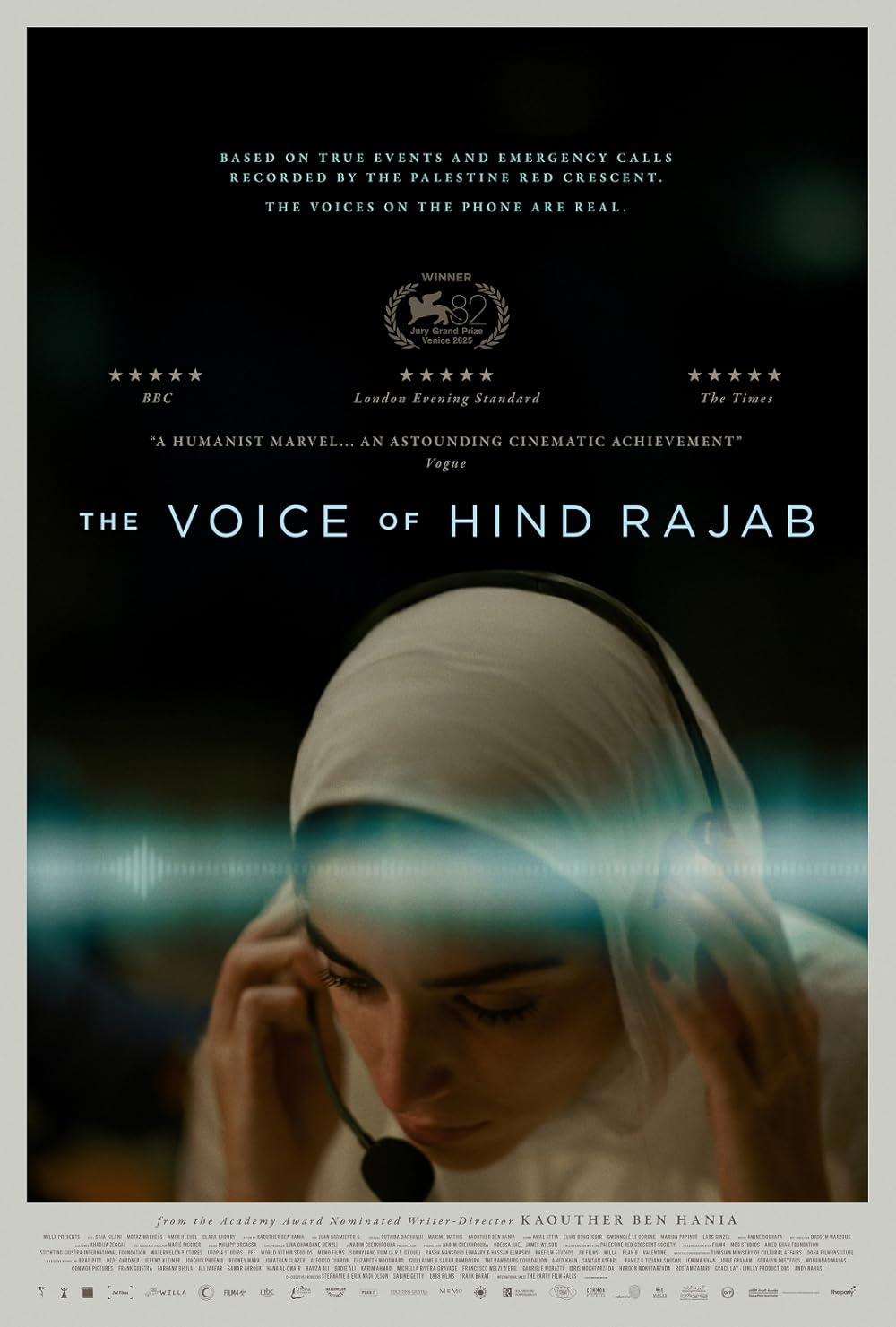
Podcast Review - Zach |
Top 10 Blindspot

Podcast Review - Adam |
10th Anniversary
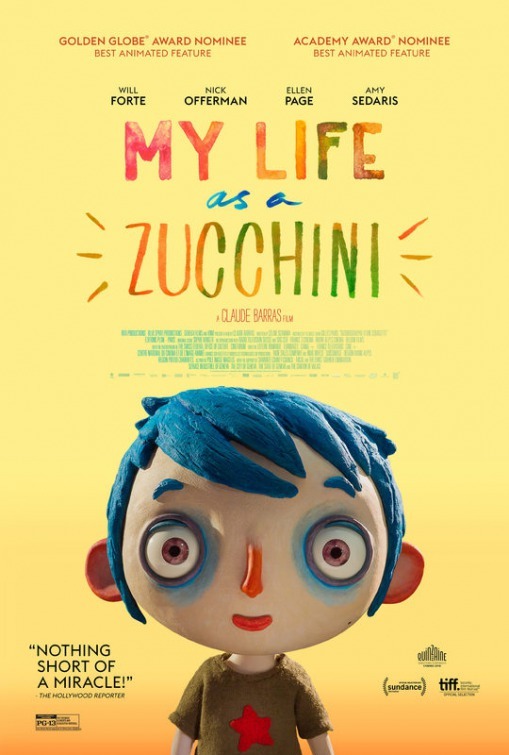
Podcast Oscar Review - Terry |
20th Anniversary
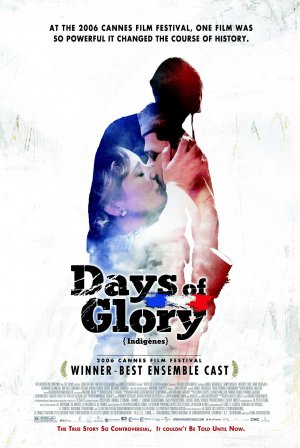
Podcast Oscar Review - Terry |
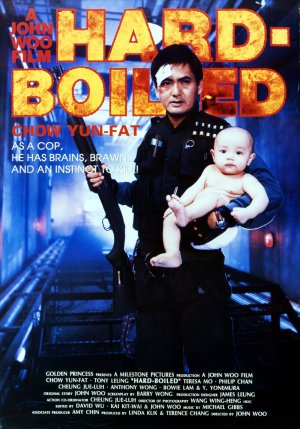
Podcast Review - Zach |
TOP 10 FILMS OF 2025

LIVE ON YOUTUBE!!! |
Reactions to the Nominations
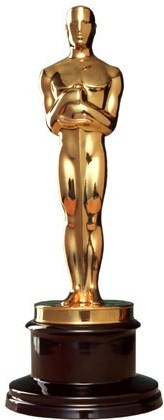
Written Article - Todd |
2026 Oscar Predictions: Final

Written Article - Todd |
Todd Most Anticipated #5

Podcast Featured Review |

Podcast Review - Todd |

Podcast Review - Terry |
|
|
|